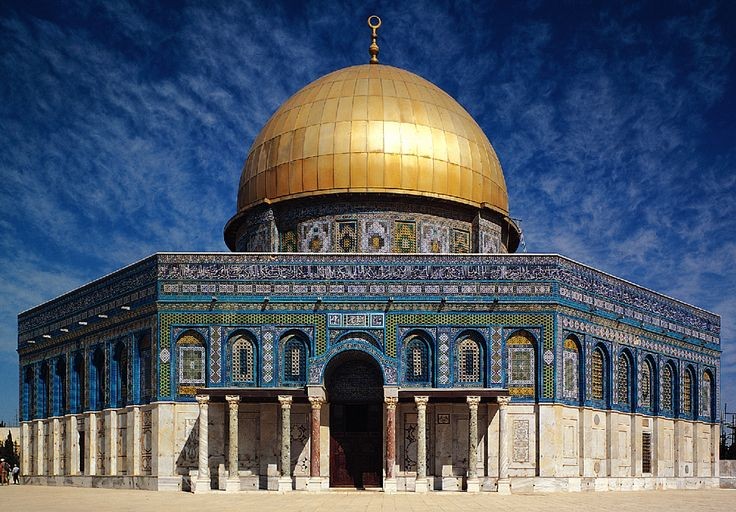Islam, like many religions, holds certain places in high regard due to the stories and significance associated with them. These cities, throughout the history of Islam, have maintained their importance and continue to hold significance for believers today.
Mecca
One such city is Mecca, located in present-day Saudi Arabia. Considered the holiest city in Islam, it is the birthplace of the Prophet Muhammad and the place where he founded the religion. To this day, Muslims around the world face Mecca during their daily prayers and are required to make a pilgrimage, known as the Hajj, to Mecca at least once in their lifetime if able.
Al-Madinah Al-Munawarrah
Another crucial city is Madinah Munawarrah, also in Saudi Arabia, which ranks as the second holiest place in Islam after Mecca. It was in Madinah where the Prophet Muhammad and early Muslims found refuge upon their migration from Mecca and where the Prophet’s final resting place can be found.
Al-Quds
Al-Quds, located in Palestine, is another city held sacred in Islam. It holds religious importance not just for Muslims but also for Jews and Christians. It is known as ‘al-Quds’, meaning ‘The Holy One’, and is the location of Masjid al-Aqsa, the third holiest site in Islam. Additionally, Jerusalem is where many Prophets and companions of the Prophet Muhammad are buried.
Damascus
Damascus, in Syria, is another city with a rich history in Islam. It was the first major city of the Byzantine Empire to fall to the Arabs in 634 CE, later becoming the capital of the Islamic Empire under the Umayyad Caliphate from 661-750 CE. For nearly 100 years, it served as the political center of the Islamic Empire.
Baghdad
Baghdad, in present-day Iraq, was founded in 762 as the capital of the Abbasid dynasty of caliphs. For 500 years, it was the cultural center of Arab and Islamic civilization and one of the world’s greatest cities. However, its importance waned after it was conquered by the Mongol leader Hülegü in 1258.
Cairo
Cairo, in Egypt, has long been considered one of the greatest centers of education in the Islamic world. When the Fatimid dynasty came to Egypt in 969 AD, they established a new capital, Al-Qahira (meaning “The Vanquisher” in English), which gave modern-day Cairo its name.
Continue reading: Information about Egypt
Cordoba
Lastly, Cordoba in Spain was a major center of Islamic rule in the Iberian Peninsula, serving as the capital of Al-Andalus. It was part of the Umayyad Caliphate before breaking away and becoming the center of power for the Umayyads, who claimed the Caliphate of Cordoba.
Interesting readings:


